






ASALs make up about 41% of the world’s land area, affecting approximately two billion people globally. According to the United Nations, these lands cover approximately 6.5 billion hectares worldwide. Despite their vastness, these regions are particularly fragile due to erratic rainfall patterns and consistently high temperatures, making them hotspots for drought and land degradation. This environmental strain translates into a vicious cycle of poverty, hunger, and malnutrition. The inhabitants of ASALs are often among the world’s poorest, relying on subsistence agriculture and pastoralism, both highly susceptible to climatic variations.
These communities face a multitude of challenges, including:
Scarcity of water and food: Erratic rainfall patterns and prolonged droughts wreak havoc on crop yields and livestock health.
Climate Change: Rising temperatures and unpredictable weather patterns further exacerbate existing vulnerabilities.
Conflict and resource competition: Competition for dwindling resources like water and pastureland can lead to social unrest.
Limited infrastructure and access to basic services: Many ASALs lack essential infrastructure like roads, schools, and healthcare facilities.
For such reasons Ambokili Farm ventures into ASAL areas to transform them into self-sustaining. Biodiverse ecosystems for communities living in those areas thus, empowering both planet and people.
Africa bears a significant burden of the world’s ASALs, with around 43% of its land classified as arid or semi-arid. The continent’s ASALs span 19 countries, affecting nearly 400 million people. These regions are particularly susceptible to droughts, which can devastate communities dependent on rain-fed agriculture. In recent years, the Horn of Africa has experienced recurrent droughts, leaving millions in need of humanitarian assistance.
ASALs are a defining feature, and in countries like Kenya, they make up a colossal 80% of the national landmass, encompassing 29 counties and home to roughly 16 million people (about the population of New York).
Kenya is a nation microcosm of the global ASAL challenge. The inhabitants, primarily pastoralists and agro-pastoralists, face severe challenges in accessing water and food, which impacts their livelihoods significantly . The cyclic nature of droughts in Kenya exacerbates poverty, leading to food insecurity and loss of livestock.
The Kenyan Context
Poverty: Counties within ASALs consistently rank lowest on the Human Development Index, indicating a struggle to meet basic needs.
Food insecurity: Droughts and unreliable rainfall patterns frequently lead to food shortages.
Livestock loss: Livestock, a vital source of income and sustenance for many pastoral communities, are highly susceptible to droughts.
Livestock husbandry, a cornerstone livelihood in these areas, contributes a significant 10% to the country’s GDP, employing a massive 50% of the workforce. This highlights the economic importance of ASALs to Kenya.
Climate Shocks: Erratic rainfall patterns and frequent droughts leave communities vulnerable to livestock loss.
Limited Infrastructure: Inadequate access to roads, water sources, and markets hinders economic development and restricts access to necessities.
Environmental Degradation: Overgrazing, deforestation, and unsustainable land-use practices contribute to land degradation and desertification, further exacerbating existing challenges.
Unfortunately, this vast expanse of land is often unfairly characterised as unproductive and barren. The truth, however, is far more complex. While climatic conditions pose challenges, ASALs also harbor immense potential.
These regions are home to a rich cultural heritage and a vibrant pastoralist way of life that has thrived for generations. They’re are home to a rich biodiversity and unique cultures. This is yet another reason why Ambokili Farm has programmes to improve degraded land and empower communities.
Water: A Major Challenge for Ambokili Farm
For organic farms like Ambokili, operating in an ASAL area presents a unique set of challenges. Organic farming principles emphasise sustainable water management practices, which are even more critical in these dry regions. Water scarcity is one of the most pressing issues for Ambokili Farm, as it is for many in ASAL areas.
This scarcity translates into:
Reduced crop yields: Without sufficient water, crops fail to thrive, jeopardizing food security.
Increased livestock mortality: Livestock deaths surge during droughts due to lack of water and pasture.
Deteriorated health: Limited access to clean water increases the risk of waterborne diseases.
Operating an organic farm in such a harsh environment requires innovative water management solutions. At Ambokili Farm, we strive to implement sustainable practices like rainwater harvesting and efficient irrigation. However, the limited and unpredictable rainfall poses a significant challenge, threatening both our crops and our mission to promote environmental conservation and community development.
Ambokili Farm’s mission of transforming ASAL landscapes through organic permaculture hinges on its ability to secure sustainable water sources.
Join Us in Bringing Water to Ambokili Farm and the Kimana Community
Access to water is a fundamental necessity for life, yet for the community of Kimana and Ambokili Farm, it remains a daily struggle. As we work towards transforming semi-arid terrain into thriving, self-sustaining ecosystems, one of our greatest challenges is securing a reliable water source.
Your support can make a significant difference
We invite you to join us in our mission to drill a borehole that will provide sustainable access to water, benefiting both Ambokili Farm and the surrounding community. This borehole will not only support our organic farming practices but also provide essential water for the households in Kimana who currently lack access to tap water.
Why this matters:
Sustainable Farming: Ensures our organic permaculture methods can flourish, promoting environmental conservation.
Community Health: Provides clean, accessible water for daily use, improving health and quality of life.
Economic Development: Empowers local farmers with the resources needed to sustain their livelihoods.
How you can help:
Donate: Every contribution brings us one step closer to our goal. Your donation will directly fund the drilling and establishment of a borehole.
Spread the Word: Share our mission with your network. The more people who know, the closer we get to making this a reality.
Together, we can create a lasting impact. Visit Ambokili Farm’s donation page to contribute today and help us bring water to where it’s needed most.
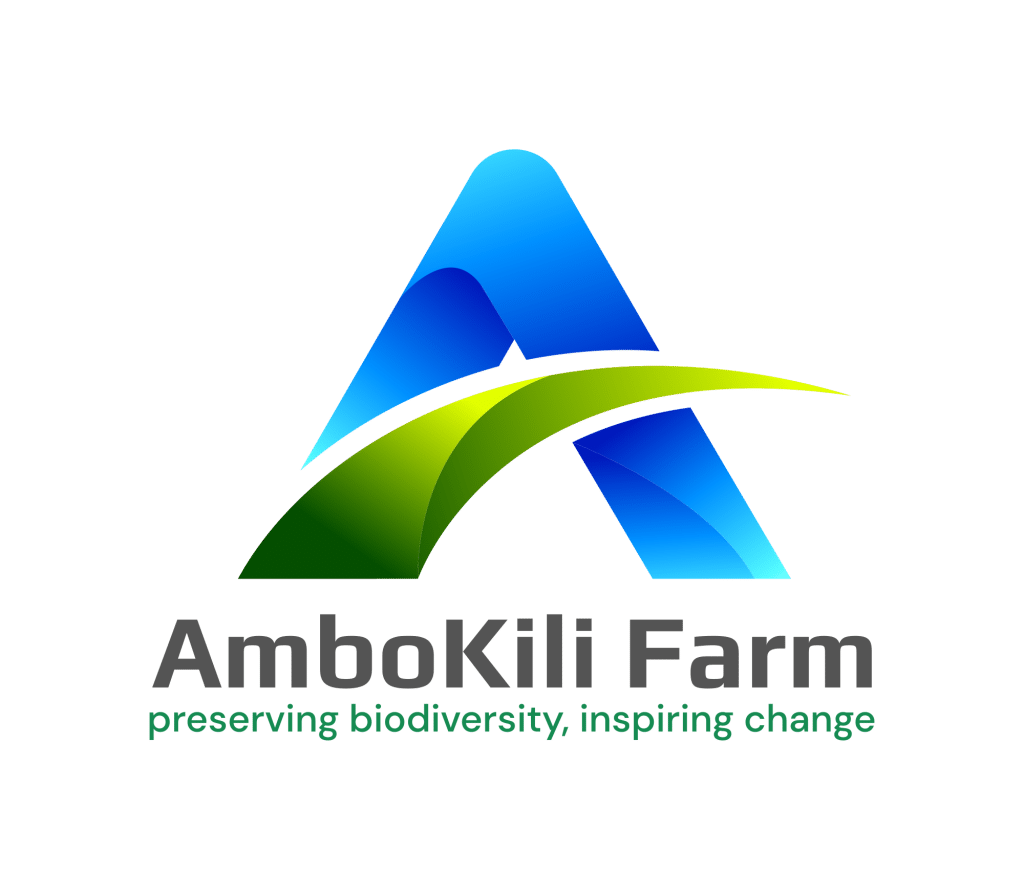

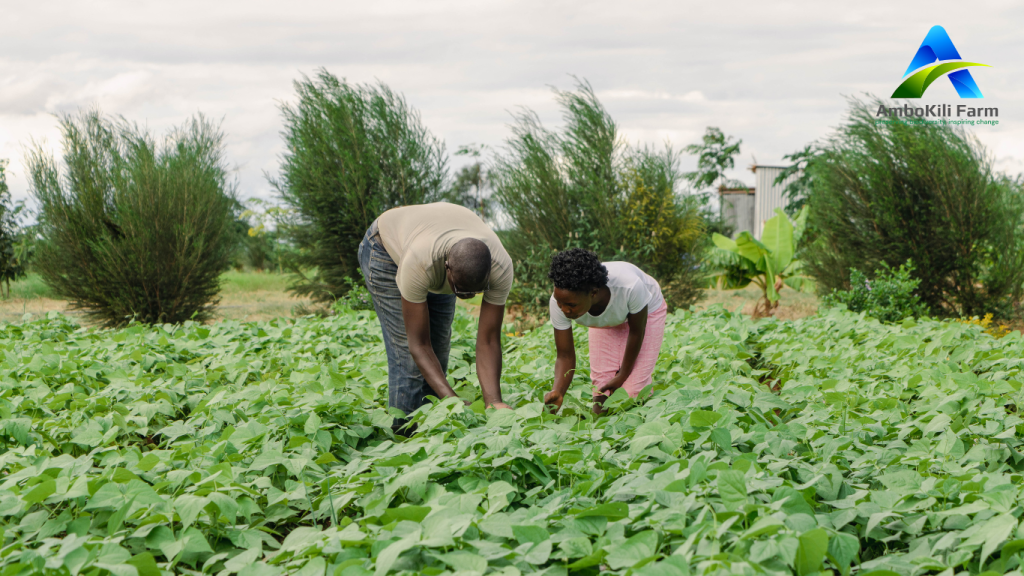
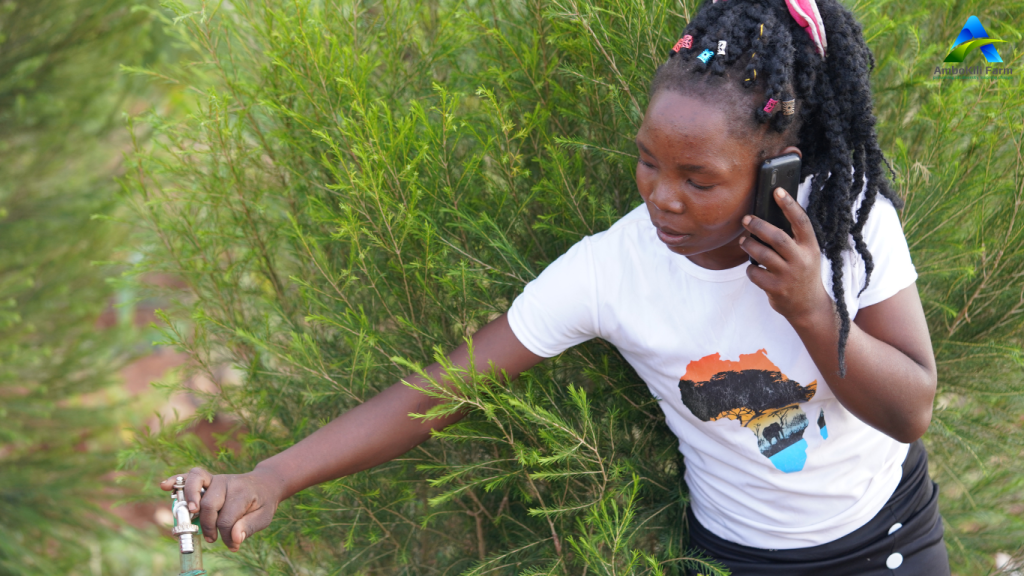
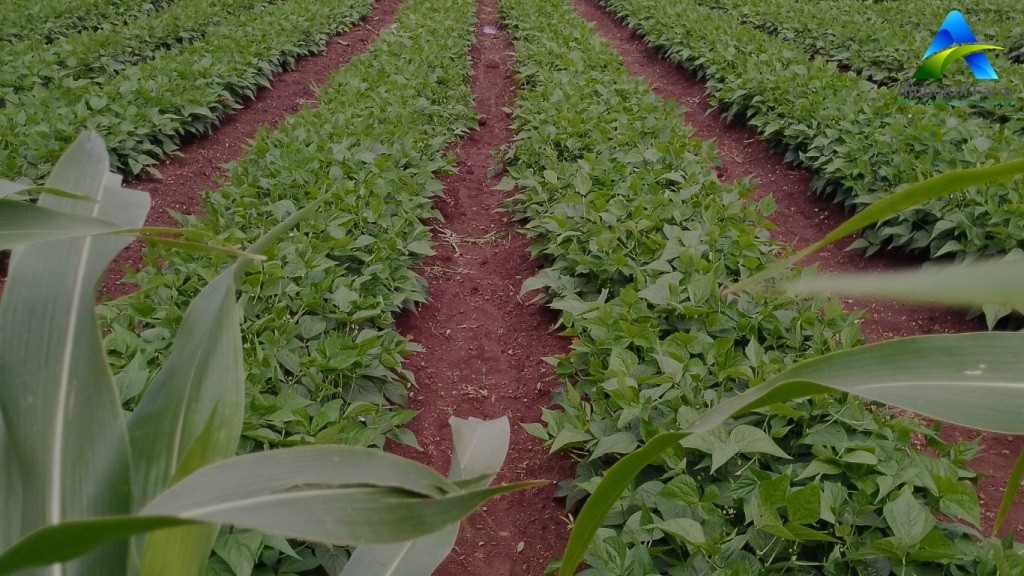
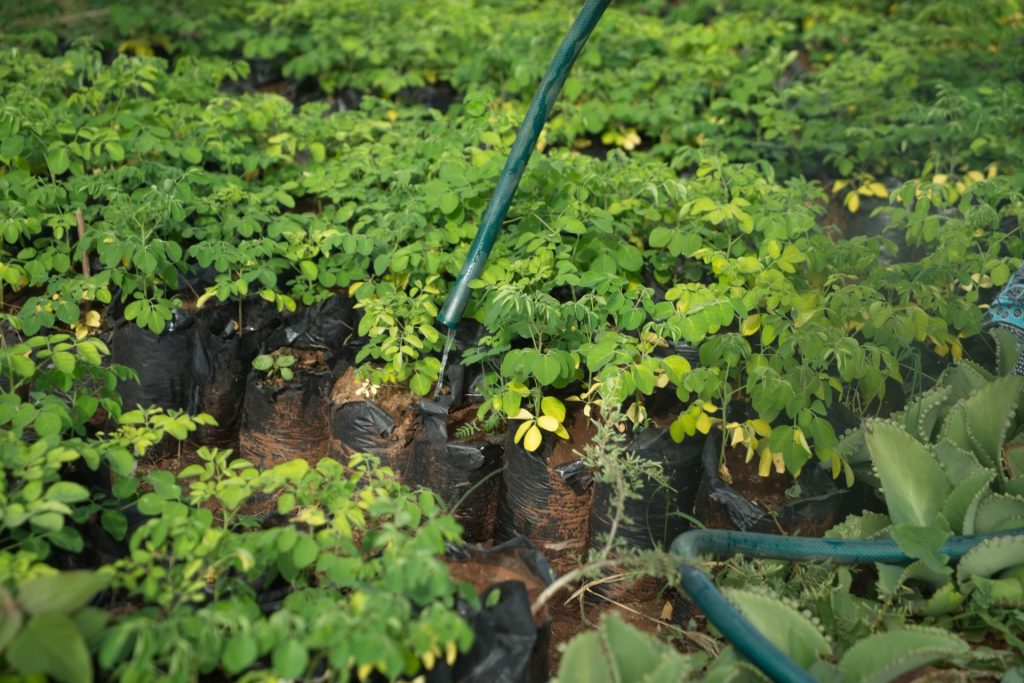

2 Responses
Real Estate I truly appreciate your technique of writing a blog. I added it to my bookmark site list and will
Much appreciated as well and happy you enjoyed it.